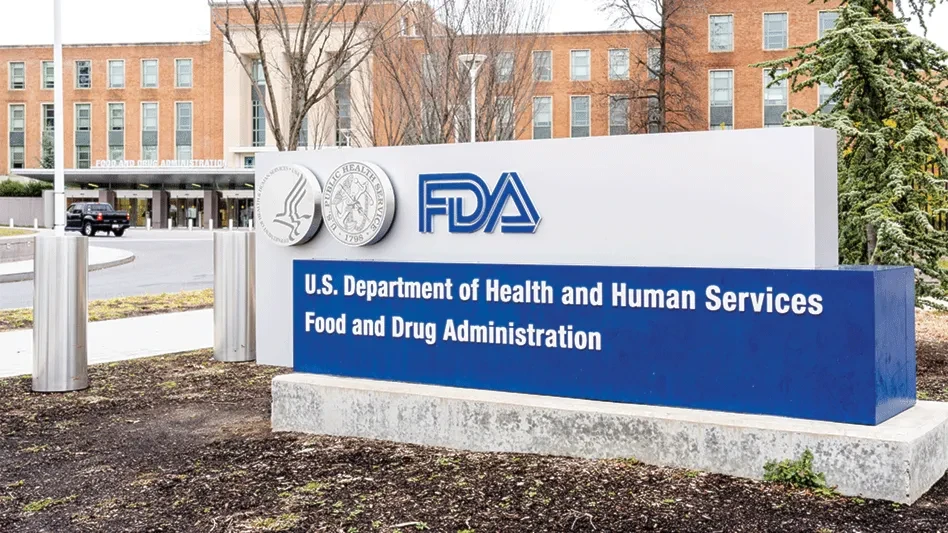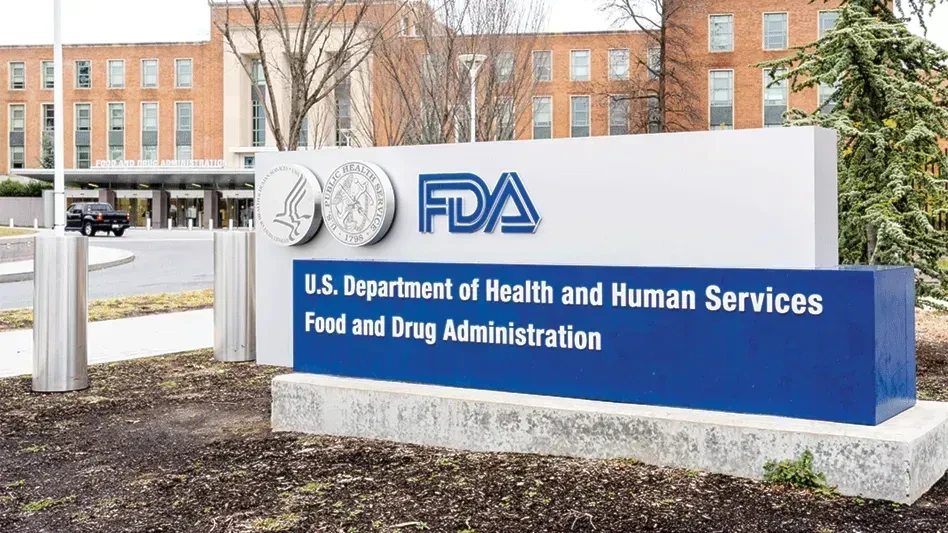
The following is attributed to Jim Jones, FDA's Deputy Commissioner for Human Foods.
SILVER SPRING, Md. — The U.S. Food and Drug Administration (FDA) proposed to revoke the regulation authorizing the use of brominated vegetable oil (BVO) in food. The agency concluded that the intended use of BVO in food is no longer considered safe after the results of studies conducted in collaboration with the National Institutes of Health (NIH) found the potential for adverse health effects in humans.
BVO is a vegetable oil that is modified with bromine. It is authorized by the FDA for use in small amounts to keep citrus flavoring from separating and floating to the top of some beverages. In 1970, the FDA determined BVO was no longer “Generally Recognized as Safe” (GRAS) and began overseeing its use under its food additive regulations. Over the years many beverage makers reformulated their products to replace BVO with an alternative ingredient, and today, few beverages in the U.S. contain BVO.
The FDA prioritizes its review of chemicals in food based on risk, science and regulatory authority. Although BVO has a long history of use in foods and was at one time considered GRAS, we have continued to study it to understand any potential health impacts. Recent toxicology studies conducted in collaboration with the NIH have now given us conclusive scientific evidence to support our proposal to remove the FDA’s food additive authorization for BVO. The proposed action is an example of how the agency monitors emerging evidence and, as needed, conducts scientific research to investigate safety related questions, and takes regulatory action when the science does not support the continued safe use of additives in foods.
We recognize that California recently took steps to ban the use of four food ingredients, including BVO, in that state. The agency is continuously reviewing and reassessing the safety of a variety of chemicals in food to ensure the science and the law support their safe use in food, including all four ingredients that are part of the recent California law.
In fact, the FDA is currently reviewing the color additive regulations authorizing the use of FD&C Red No. 3 in ingested drugs and foods (including dietary supplements) under the Delaney Clause of the Federal Food, Drug, and Cosmetic Act, which, in relevant part, prohibits the FDA from approving a color additive that is ingested if it causes cancer in animals or humans when ingested. A decision from the FDA is forthcoming.
While these reviews take time, one of the key reasons for the proposed Human Foods Program (HFP) transformation currently underway is to enhance our review of food chemical safety. The proposed HFP would include the creation of the Office of Food Chemical Safety, Dietary Supplements and Innovation, where we intend to develop a faster and more nimble process for evaluating chemicals in the food supply.
Latest from Quality Assurance & Food Safety
- Tecnologico de Monterrey Develops Nutraceutical Corn to Address Global Food Crisis
- Eurofins Healthcare Assurance Launches GMP Certification Program for Dietary and Food Supplements
- Calbee America Launches California R&D Innovation Center
- PepsiCo Completes Acquisition of Siete Foods
- Non-GMO Project Launches Non-Ultraprocessed Foods Verification
- FDA to Hold Webinar on Updated ‘Healthy’ Claim
- High-Tech Partnership Creates Natural Blue Color for Greener Tomorrow
- Kraft Heinz Hosts Innovation Challenge for Sustainable Packaging





